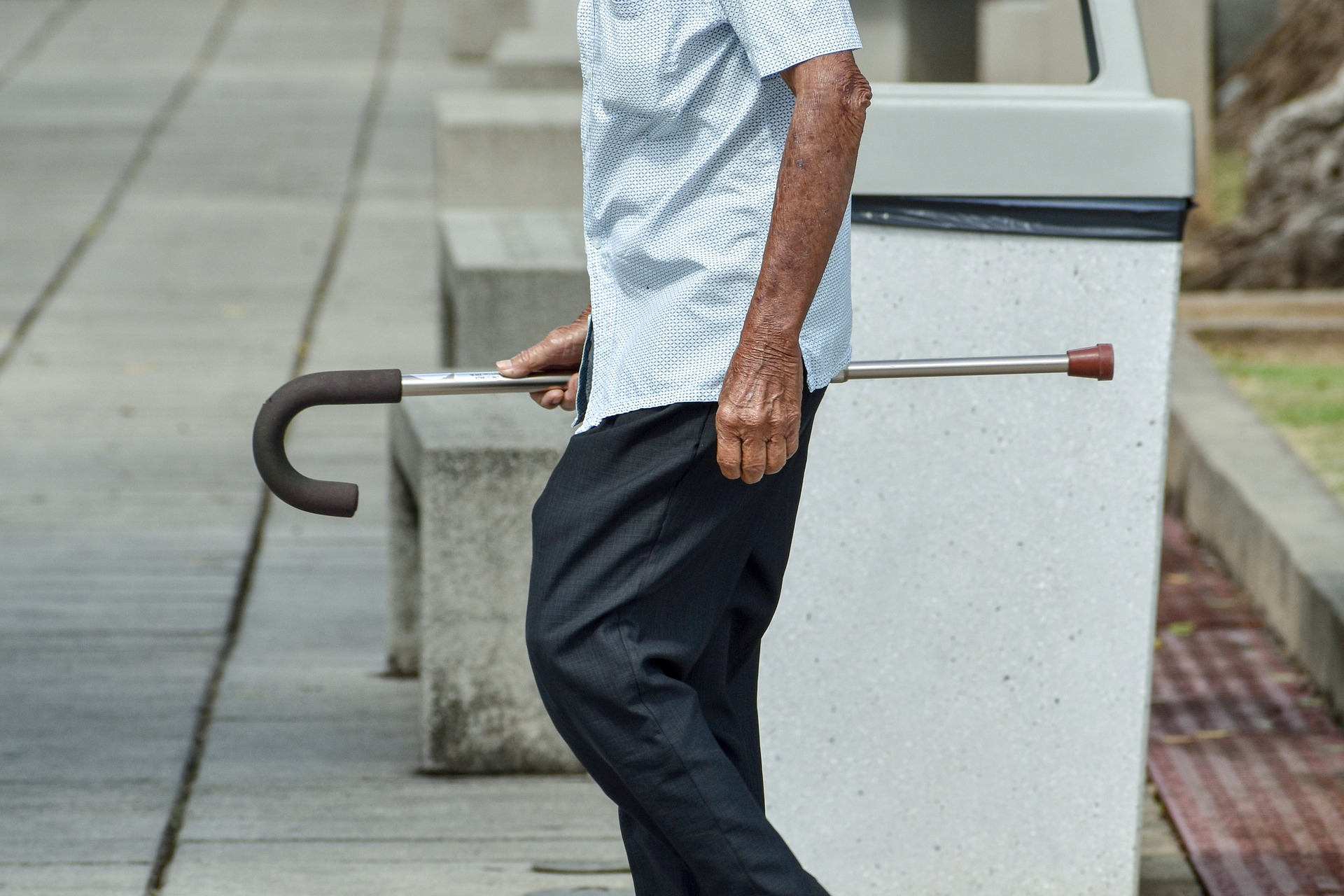Media release
From:
Gamified at-home exercises shown to effectively prevent falls in older people.
At-home exercise games (exergames) have been proven to be effective in preventing falls in individuals over 65, according to a large trial by NeuRA researchers.
Scalable prevention strategies are required to address falls, with one in three people over 65 experiencing a fall every year.
Participants involved in smart±step, an exercise gaming system developed at NeuRA, for 120 minutes weekly showed significantly fewer falls compared to a control group over 12 months.
The enjoyable nature of gamified exercises ensures enhanced engagement, reducing the risk of falls and potentially also cognitive decline associated withageing.
The smart±step system is designed for intuitive, safe and self-guided use at home. Those interested in purchasing can join a waitlist via smartstep@neura.edu.au.
A large control trial conducted by Neuroscience Research Australia researchers found that at-home gamified step exercises were effective at preventing falls in people over the age of 65.
One in three people over the age of 65 living in the community will experience a fall every year. Falls are a significant public health issue, contributing to mobility-related disability and loss of independence, and are the second leading cause of unintentional injury deaths worldwide.
With a steadily ageing population, scalable and effective fall prevention strategies are needed to address the growing impact of falls in the community.
“Regular balance challenging exercise is effective at preventing falls, so we tried to make exercise fun and easy to do,” says Dr Daina Sturnieks, lead author of the study and Senior Research Scientist at NeuRA and UNSW Sydney.
“It was really encouraging to see that smart±step, an exergaming console that anyone can enjoy at home completely unassisted from a therapist, brought a benefit to older people by preventing falls.”
About the study
People who participated in Dr Sturnieks’ study were living in the community, over the age of 65. They were asked to do smart±step exercise games for 120 minutes per week over the course of 12 months. They reported their falls over this period and this



 Australia; NSW; SA
Australia; NSW; SA



